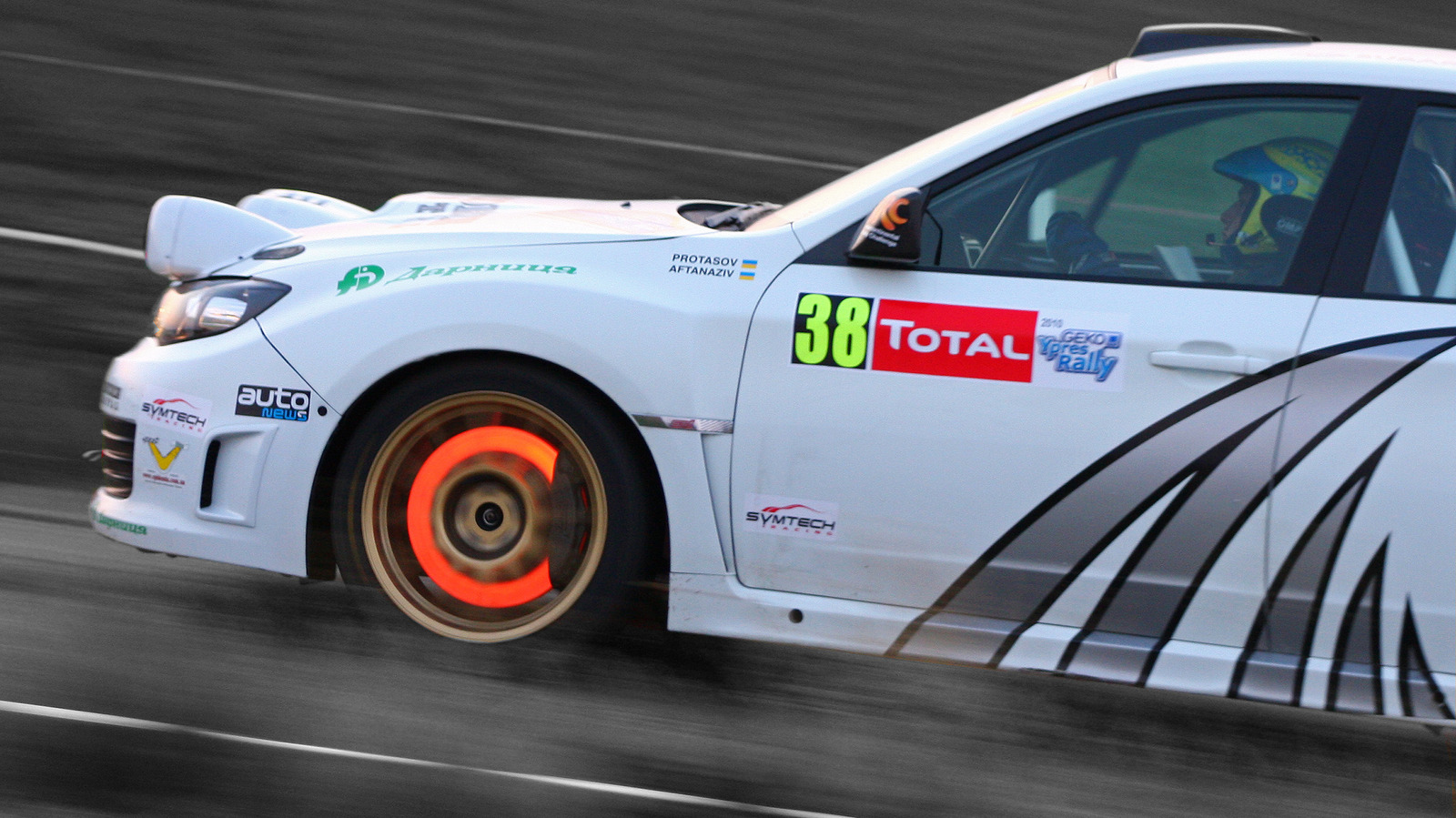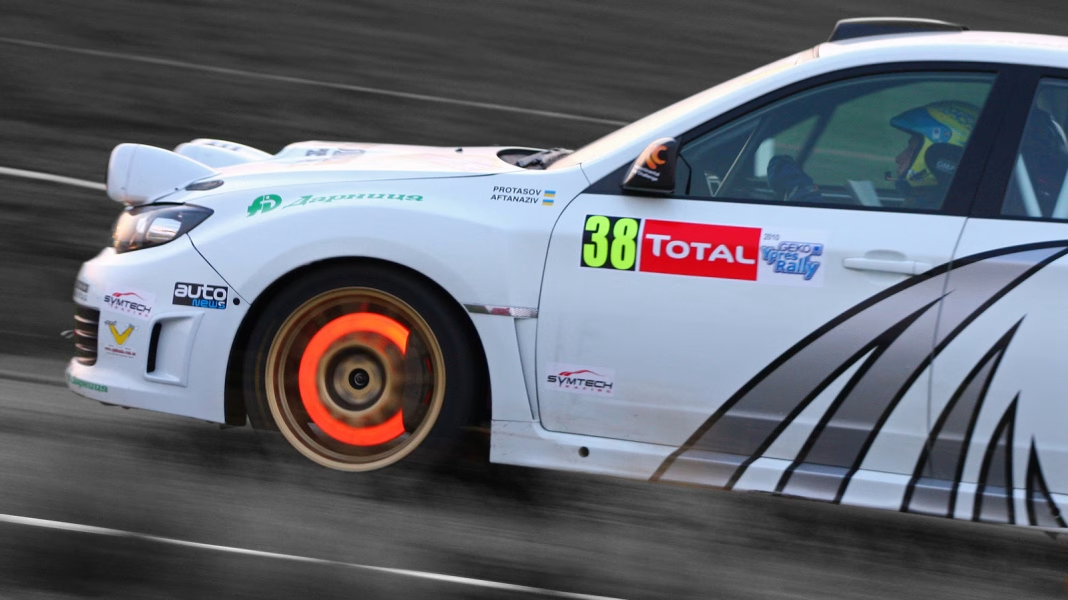Why Does My Car Not Slow Down When I Hit the Brakes?
You’re barreling down a winding hill or weaving through city traffic, and suddenly, the brakes just don’t seem to bite like they usually do. That heart-in-your-throat moment isn’t just in your head—it’s called brake fade, and it’s more common than most drivers realize.
What Exactly Is Brake Fade and Why Does It Happen?
Brake fade is that unnerving loss of stopping power you feel when your brakes get too hot. It’s not that your foot forgot how to press the pedal—it’s that the friction materials and brake fluid are literally overwhelmed by heat. When you push your brakes hard for an extended period, like during spirited driving or descending a long mountain pass, the friction between your brake pads and rotors generates a ton of heat. If that heat isn’t whisked away fast enough, things start to go sideways.
Here’s the science: Most modern cars use disc brakes, which rely on pads clamping down on spinning metal rotors. Under normal conditions, this friction slows you down. But if the pads or rotors get too hot, the pad material can start to break down, releasing gases that create a thin, slippery layer between the pad and rotor. That’s called outgassing, and it’s a big reason for brake fade. In extreme cases, the brake fluid itself can boil, creating bubbles that compress when you hit the pedal—resulting in a spongy, ineffective feel.
Are Certain Driving Conditions More Likely to Cause Brake Fade?
Absolutely. Brake fade is most common when you’re repeatedly braking hard—think mountain driving, towing heavy loads, or even stop-and-go traffic on a scorching summer day. Racing drivers know this all too well, but even regular folks can experience it on a long downhill stretch. According to a study by the National Highway Traffic Safety Administration, brake fade incidents spike during hot weather and in areas with steep grades.
It’s not just about how hard you brake, but also how long you keep your foot on the pedal. Riding the brakes instead of using engine braking (downshifting to let the engine slow you down) puts extra stress on the system. If you drive an automatic, using the lower gears on descents can make a world of difference.
How Can I Tell If My Brakes Are Fading?
The signs are pretty clear once you know what to look for. You’ll notice the brake pedal feels softer or goes further to the floor than usual. The car takes longer to slow down, and you might even smell something burning—a telltale sign your pads are overheating. If you hear a squealing or grinding noise, that’s a red flag, too.
Some drivers describe the sensation as if the car is “pushing through” the brakes, especially after a series of hard stops. If you ever feel this, it’s time to pull over and let things cool down. Continuing to drive with faded brakes is risky business.
What Steps Can I Take to Prevent Brake Fade?
Prevention is all about managing heat. Here are a few practical tips:
– Use engine braking on long descents. Shift to a lower gear and let the engine help slow you down.
– Avoid riding the brakes. Instead, apply firm, brief pressure when needed, then release to allow cooling.
– Keep your brake system in top shape. Worn pads, old fluid, or warped rotors are a recipe for trouble.
– Consider upgrading if you drive in demanding conditions. High-performance brake pads and rotors, or even slotted and drilled rotors, dissipate heat better. Synthetic brake fluids with higher boiling points can also help.
According to the Car Care Council, regular brake inspections are crucial—especially before road trips or if you notice any changes in braking performance.
Is Brake Fade Dangerous, and What Should I Do If It Happens?
In short: yes, it can be. If you feel your brakes fading, the safest move is to pull over as soon as it’s safe and let the brakes cool. Don’t keep pushing your luck. If you’re on a long descent, try to find a safe turnout or use a runaway truck ramp if available.
If the brake pedal goes to the floor and you’re not slowing down, pump the pedal rapidly—sometimes this can build enough pressure for a temporary stop. Use your parking brake gently if needed, but be aware it only works on the rear wheels and can cause skidding if yanked suddenly.
The Big Takeaway? Brake fade isn’t about perfection—it’s about smarter adjustments. Start with one change this week, and you’ll likely spot the difference by month’s end. Whether it’s using engine braking more often or scheduling that overdue brake check, a little attention goes a long way toward keeping you safe on the road.


